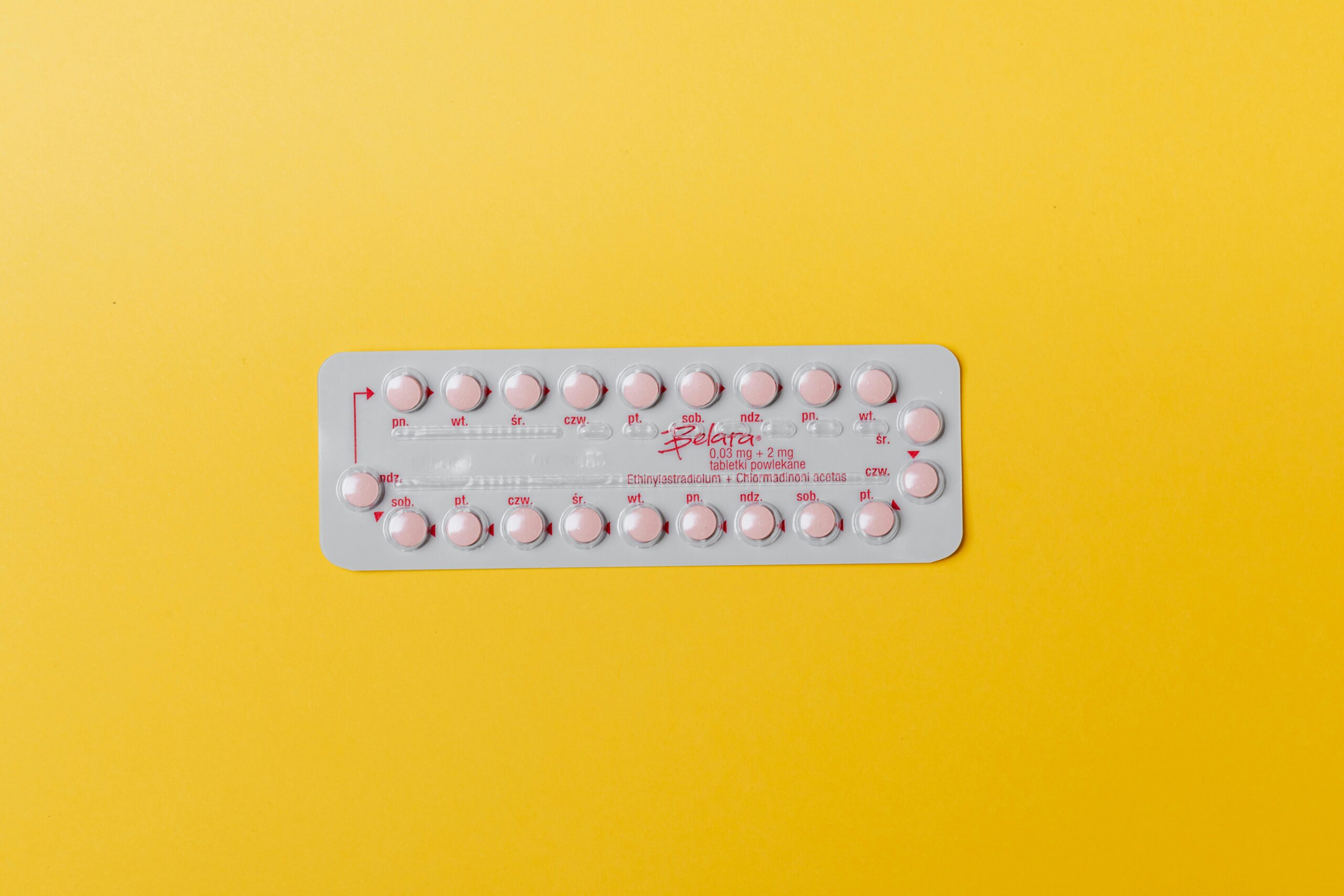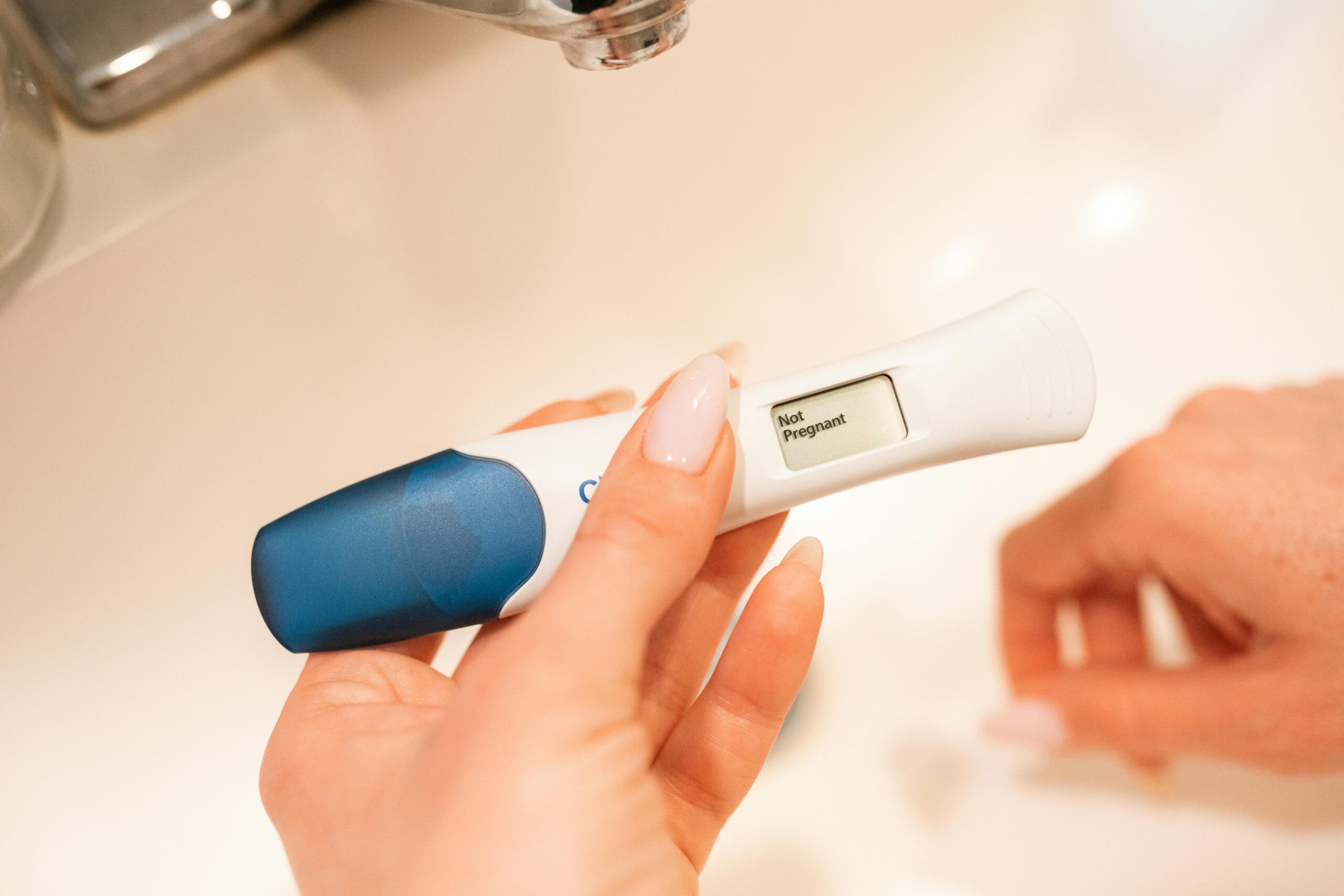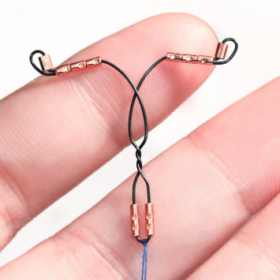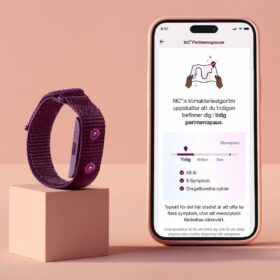
How long does it take for contraception to work?
In this article
What's the lowdown?
Most methods of contraception work straight away to prevent pregnancy if you start them during the first 5 days of your cycle (while on your period)
If you start a hormonal contraception in the middle of your cycle, you will need to use extra protection or avoid sex for between 2 to 9 days depending on the method
Sterilisation and vasectomy don’t work immediately and you need to leave some time before you can start having sex without a condom
When it comes to switching your contraceptive, or even starting for the first time, there are hundreds of questions that come along with it. Like, how long does it take for a contraceptive to work? What are the side effects? Will it give help my heavy periods?
Before starting your new contraceptive, it’s important to know how long it takes before it actually becomes effective at preventing pregnancy – just because it’s in you, doesn’t mean it’s working! For this it’s important to know that day 1 of your menstrual cycle counts as the first day of your period starting.
How long does it take for a contraception pill to work?
How long does it take for the combined pill to work?
If you’re starting on the combined pill in the first 5 days of your natural period you are covered straight away. However, if you are starting Zoely or Qlaira you need to start taking them on the first day of your period to be protected from pregnancy immediately.
You can start combined pills at any other time in your cycle but then you will need to use condoms or avoid sex for 7 days until your birth control pill starts working, (9 days for Qlaira).
How long does it take for the progestogen-only pill (POP) to work?
There are several different types of progestogen-only pill, it’s a great idea to know which brand you are taking and which type it is.
POPs containing desogestrel, levonorgestrel or norethisterone
If you’re starting on one of these progestogen-only pills in the first 5 days of your natural period you are covered straight away.
You can also start it at any other time in your cycle but then you will need to use condoms or avoid sex for 2 days until it starts working.
POPs containing drospirenone
If you’re starting on this brand (Slynd) on the first day of your natural period you are covered straight away.
At any other time in your cycle you will need to use condoms or avoid sex for 7 days until it starts working.
When does the coil start to work?
Copper IUD
Once the copper IUD is inserted, it is effective instantly. You shouldn’t have to worry about using another form of contraception, unless you’re using condoms for protection from STIs.
The great thing about the copper coil is that it can also work as emergency contraception. It can cover all unprotected sex in the previous 5 days or can be fitted within 5 days of the earliest likely date you ovulated (which a doctor or nurse can work out with you).
Hormonal IUS
If the hormonal coil is fitted in the first 5 days of your natural period you are covered straight away.
The hormonal coil can be inserted at any point in your cycle as long as there is no risk of pregnancy. You will need to use alternative contraception or avoid sex for 7 days after it is fitted until it starts working.
If you are using the hormonal coil to manage periods and heavy bleeding, it can take up to 6 months to work.

Implant
If the implant is fitted in the first 5 days of your natural period you are covered straight away.
The implant can be inserted at any point in your cycle as long as there is no risk of pregnancy. You will need to use alternative contraception or avoid sex for 7 days after the implant is inserted until it starts working to prevent pregnancy.
Contraceptive injection
If you have the injection in the first 5 days of your natural period you are covered straight away.
The injection can be given at any point in your cycle as long as there is no risk of pregnancy. You will need to use alternative contraception or avoid sex for 7 days after the injection until it starts working.
It’s important to get the contraceptive injection every 13 weeks. If you are late for getting a follow-up injection (it has been over 14 weeks since your last injection), you should use condoms or an alternative method until you get the injection and continue to use a backup method for 7 days after.
Contraceptive patch
If you first apply the contraceptive patch in the first 5 days of your natural period you are covered straight away. Remember day 1 counts as the first day of your period starting.
You can start it at any other time in your cycle but then you will need to use condoms or avoid sex for 7 days until it starts working.
Vaginal ring
If you insert the vaginal ring in the first 5 days of your natural period you are covered straight away.
You can also start it at any other time in your cycle but you will need to use condoms or avoid sex for 7 days until it starts working.
Male and female condoms
Both the male condom and the female condom are effective straight away. However to ensure they are actually effective at preventing pregnancy, they must be used correctly. This means putting the condom on before any skin-to-skin contact or penetration.
As soon as you’re finished using a male condom, hold the condom at the base of the penis whilst you remove it to ensure no sperm leaks out, and then dispose of it straight away.
You must use a new condom every time you have sex for them to be effective.
Diaphragm and cap
The diaphragm and cap are effective straight after insertion. Much like condoms, these methods need to be inserted properly for them to be fully effective. Check out the FAQs on our contraception page for more details on how to use them.
Sterilisation
Female sterilisation is a procedure that blocks the fallopian tubes to prevent an egg from reaching the uterus so it cannot be fertilised. This can be done at the time of caesarean section or otherwise via keyhole surgery under general anaesthetic (when you’re put to sleep).
This surgery is effective straight away, but you should wait 1-2 weeks after the operation to have sex (for comfort more than anything).
Vasectomy
The male vasectomy is a procedure that blocks the tube which carries sperm and involves a small operation which is done under local anaesthetic (a small injection) often in GP surgeries or private clinics.
About 12 weeks after the operation, men should have a semen test to check that sperm are no longer present. During this time additional contraception should be used.
So, how long does it take for birth control to work exactly?
If you’re starting a new form of birth control, or switching between methods check out our starting and switching guide and check your options by talking to your doctor or healthcare provider. You can speak to one of our doctors, as well as check out The Lowdown’s contraception recommender and reviews to help you make the right decision.
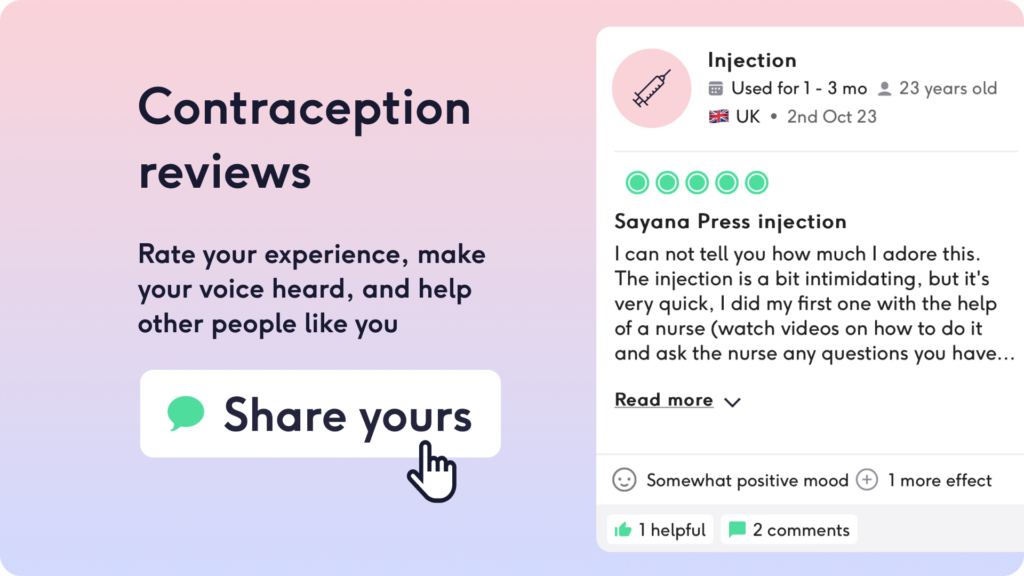
Our medical review process
This article has been medically reviewed for factual and up to date information by a Lowdown doctor.




